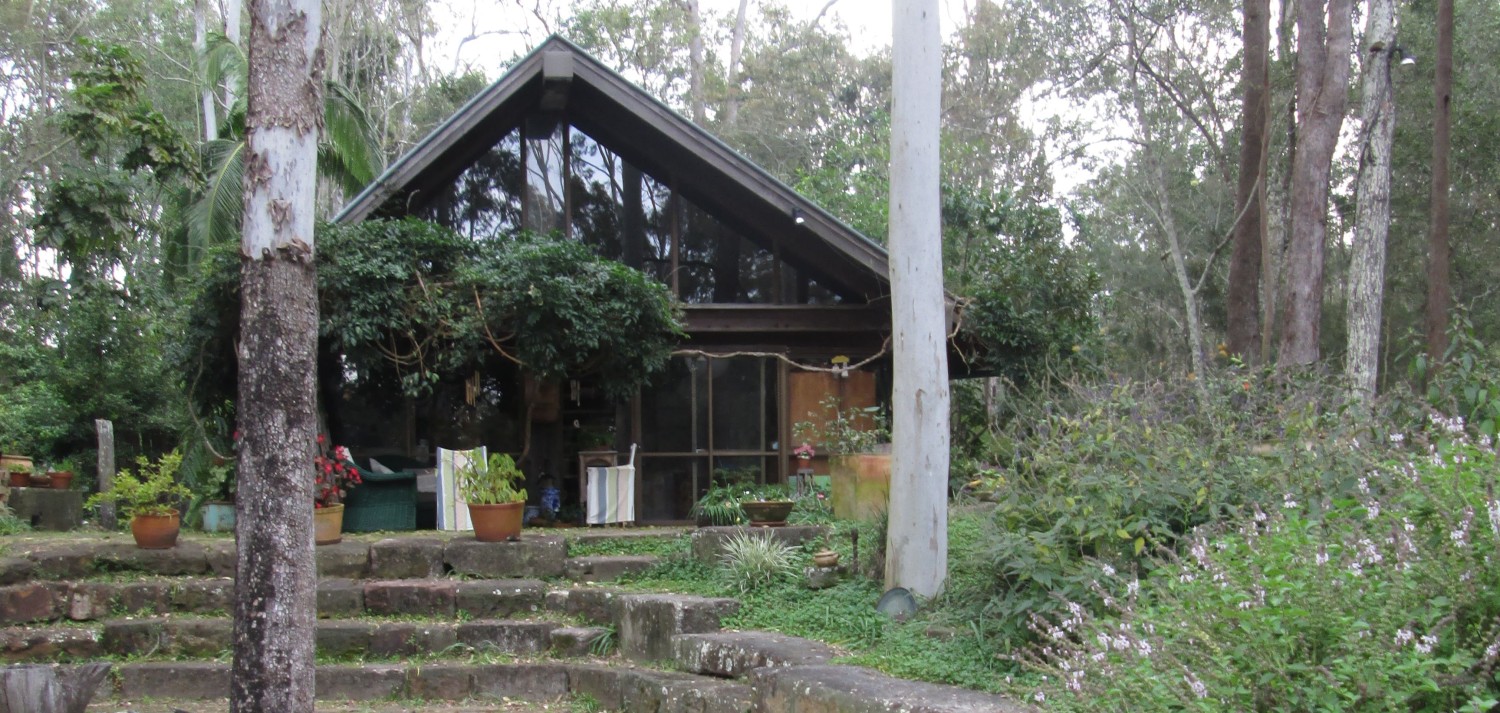__________________________________________________________________________
Note: I would like to share with you through these few words, photographs, and hyperlinked websites, a 3 Dimensional experience as though you were actually there with us. Click on any photograph and it should enlarge to a different size ….. at least half screen or size full screen. It will be clearer in detail than the photo on the post. It will be as if you were really there looking at the actual scene. You are an armchair traveller with us.
If you would also like to see the post in a larger or smaller size, I suggest you follow this procedure: If you right-handed, with your left hand, press down continuously on the Control Function Key with your left hand and with your right hand, move the little cursor wheel either forwards or backwards to make the text in the post larger or smaller.
____________________________________________________________________________
Athens has been the center of Greek civilization for some 4,000 years. The capital of modern Greece, it’s still dominated by 5th-century-B.C.E. landmarks, including the Acropolis, a hilltop citadel topped with ancient buildings such as the colonnaded Parthenon temple. But it’s also a contemporary city, and it’s not uncommon for the nightlife hubs of Kolonaki, Psiri and Gazi to stay busy until dawn.
________________________________________________________________________
The Acropolis:


The Parthenon on the Acropolis from 420 BC. ….
Reconstruction being done on it 2,435 years later …. This time
with cranes instead of man-power.









A closer view of the Parthenon with Ken & Harriet in the foreground.








________________________________________________________
The Acropolis Museum:
The Acropolis Museum is located in the historical area of Makriyianni, southeast of the Rock of the Acropolis, on Dionysiou Areopagitou Street, Athens. It is only 300 metres from the Acropolis and approximately two kilometres from Syntagma Square, the main square of the city of Athens. The Museum entrance is located at the beginning of the pedestrian walkway of Dionysiou Areopagitou Street, which constitutes the central route for the unified network of the city’s archaeological sites.
________________________________________________________________________

A statue of a man acting as an ancient soldier in the Greek Army



The stadium of the first modern Olympic Games. See the website: History – The Panathenaic Stadium – My Website
From the website: The Panathenaic Stadium is located on the site of an ancient stadium and for many centuries hosted games in which nude male athletes competed (gymnikoi agones) in track events, athletics championships as we would call them today. The games, which since antiquity had been held in an area far from the city, were included in the programme of the Panathenaia festival celebrations in 566/565 BC. When the orator Lykourgos assumed responsibility for the finances of Athens, in 338 BC, he included in the public works carried out in the city the building of a Stadium. The ravine running between Ardettos Hill and the low height opposite, extra muros of the city and in an idyllic setting on the verdant banks of the River Ilissos, was deemed to be an ideal location. This was private land but its owner, Deinias, conceded it to the State for the construction of a Stadium. Major earth-removal works transformed the ravine into a space for contests, with the features of the Greek stadium: parallelogram shape with entrance at one narrow end and room for the spectators on the earth slopes of the other three sides. Lykourgos’ stadium was used for the first time during the celebration of the Great Panathenaia in 330/29 BC, when games in which nude athletes competed were held.

The museum from the outside

People lining up to go into this museum

Ancient Greek Ruins to be looked at over the glass wall

The Caryatid Porch and the ionic columns of the two porches (the north and the south). The Caryatid sculptures on the Erectheion are exact replicas. Five of the six original sculptures are protected from air pollution in the Acropolis Museum, and one is housed in the British Museum.



Lunchtime Eating:







